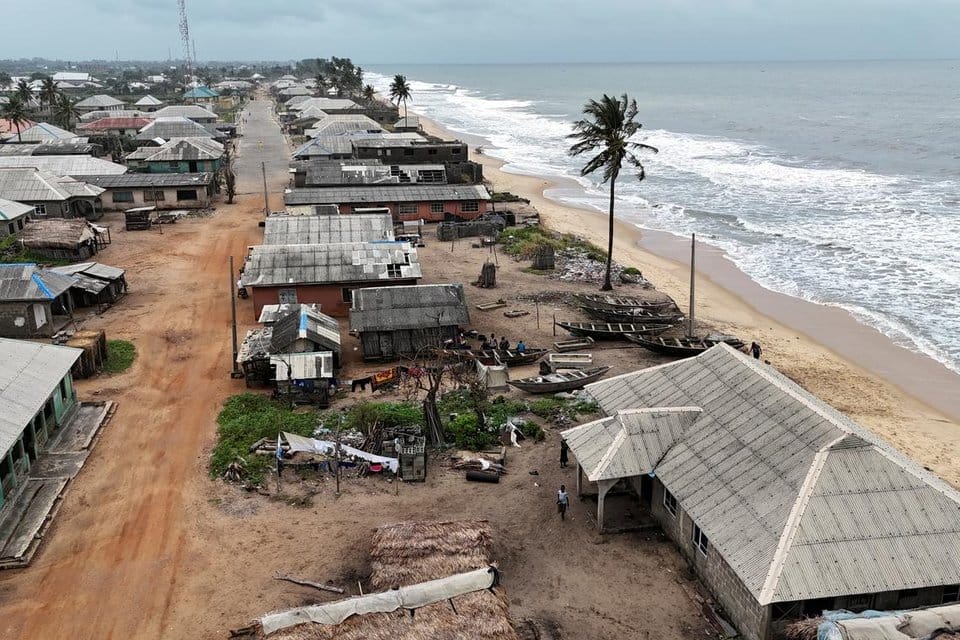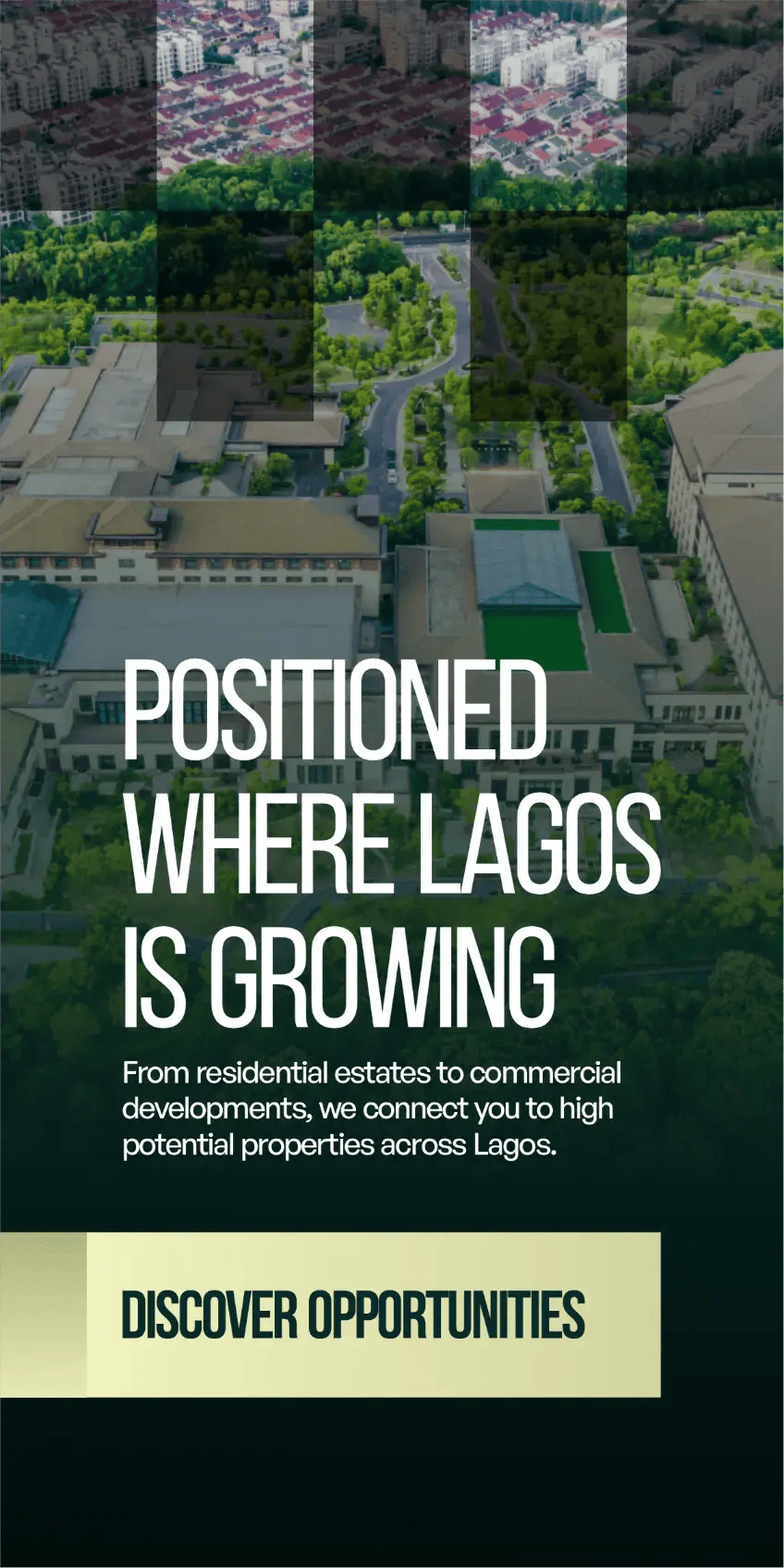Ocean surges have swept away homes, fishing equipment, and ancestral sites in Apakin, one of Lagos State’s remaining indigenous coastal communities, underscoring the mounting economic toll of unchecked shoreline erosion. Community leaders revealed that graves and traditional palaces were among the losses, highlighting the deep cultural and material damage, Reuters reported.
Analysts pointed out that Lagos has lost nearly 80% of its shoreline over the past five decades, a trend accelerated by industrial projects such as the Lekki deep-water port and the Dangote refinery, which have reshaped natural water flows and weakened the coastline. This disruption has worsened storm surges, leaving coastal businesses and settlements increasingly exposed, the same report outlined.
The crisis also raises questions over global commitments. The Commonwealth Living Lands Charter, signed in 2022, was meant to channel climate resilience financing to vulnerable states, but communities such as Apakin argue they have yet to see meaningful intervention. Climate campaigners stressed that the lack of enforcement mechanisms has left Nigeria’s coastal protection measures underfunded, Reuters highlighted.
For investors, the risks are clear: real estate, logistics, and port infrastructure along Lagos’s waterfront are exposed to escalating erosion costs, while delays in resilience financing threaten both economic stability and investor confidence.




